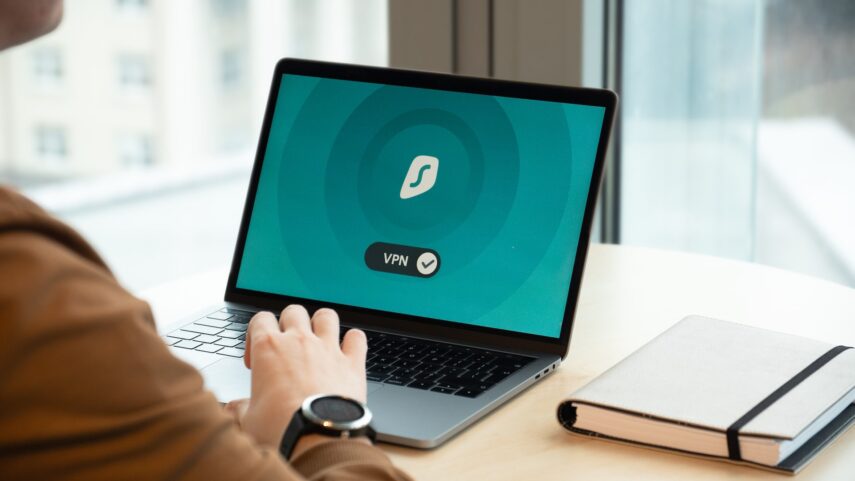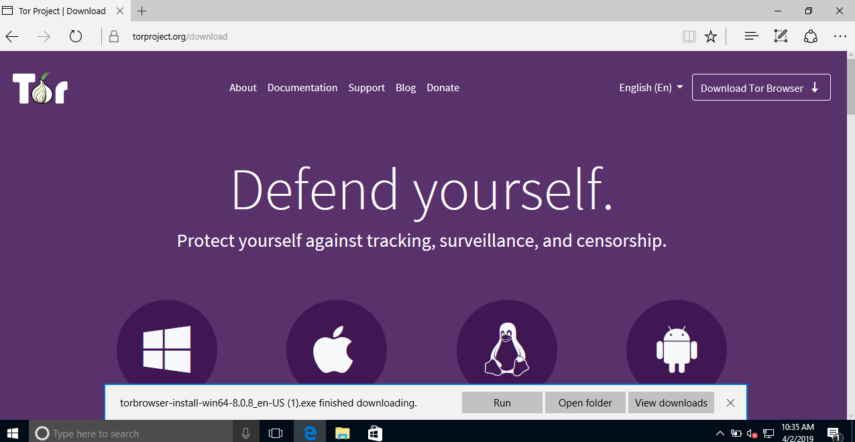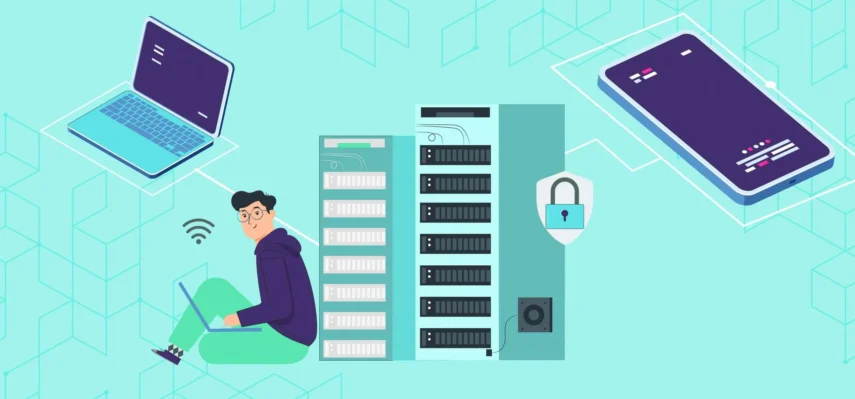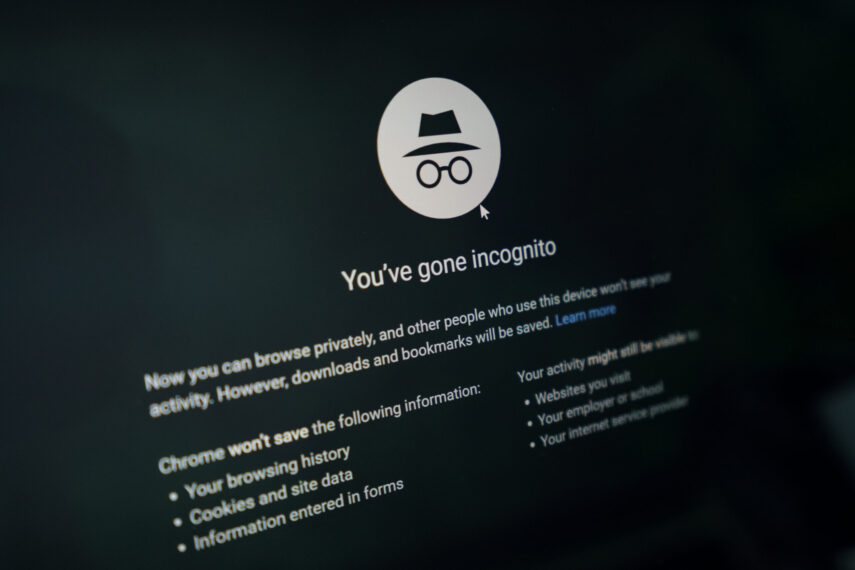Everyone has heard the terrifying tales of private information being exposed online. It’s possible that you, too, are a victim. Our internet activities may be traced because we use Chrome as our browser and Google as our search engine. Because of this, when we shop for a gadget online, we are constantly harassed by advertisements for similar products.
In reality, you can’t remain hidden or private online without going to great lengths to do so. The ability to surf the web privately and anonymously is available to those who seek it, but doing so isn’t the easiest thing in the world.
While complete anonymity is impossible to maintain in cyberspace, you can take steps to make it more difficult for others to identify you. Consider these six tips to keep your identity secret while using the Internet.
1. Use a VPN

A virtual private network (VPN) is a service that encrypts your data and conceals your online presence from prying eyes. When it comes to VPNs, there are some great recommendations from Reddit users at EarthWeb, which you’ll surely find helpful if you’ve decided to purchase a VPN for the first time.
A virtual private network makes it harder for other parties to monitor your online activity by encrypting your data during transmission and reception. In addition, a VPN makes it look like you are connecting to the internet from another country by routing your traffic through a server there. If you want to view information that is restricted in your country, this could help.
When using a VPN, your online traffic is encrypted, effectively masking your true identity. When utilizing a reliable VPN service, your online actions are guaranteed to be concealed. Your ISP won’t be able to monitor your internet activity if you use a VPN. However, many VPN servers store logs of your actions and can be subpoenaed if you’re accused of wrongdoing.
2. Use Tor

You can hide your identity by downloading the free program Tor when surfing the internet. By passing your data through a distributed network of servers run by volunteers, Tor makes it more difficult to track your online movements.
Tor also encrypts your traffic, making your online movements considerably harder to trace. When using the Tor browser, your traffic is sent over its network, effectively masking your online footprint.
It is extremely difficult for your Internet service provider (ISP), network administrator, or Wi-Fi hacker to see the websites you visit or the sites you sign into. Tor should only be downloaded from its official website, which can be found at https://www.torproject.org. You should utilize Tor via a VPN if you don’t want your ISP to learn that you’re using Tor.
3. Use a Proxy Server

Proxy servers sit between you and the website you want to visit. Whenever you connect to a website using a proxy server, your connection first goes to the proxy server. To monitor your online actions, someone would first have to monitor your proxy server.
A proxy server is a way to go if you need to connect to a network while you’re on the move but don’t want to commit to a VPN. Proxy servers are less secure than VPNs since they only protect the device’s IP address and not your web traffic, but they are often free.
4. Use a Secure Browser

A secure browser is a type of web browser that encrypts your information and protects your privacy while you are online. When you use a secure browser, your data is protected from hackers, government surveillance, and other threats. In addition, secure browsers can help to prevent identity theft and other forms of online fraud. While there are many secure browsers available, it is important to choose one that is compatible with your operating system and devices.
For example, some secure browsers only work on certain types of devices or platforms. In addition, some secure browsers are more user-friendly than others. As you evaluate different secure browsers, be sure to consider your individual needs and preferences. With so many options available, you should be able to find a secure browser that meets your needs and allows you to browse the web safely and securely.
5. Use Incognito Mode

Most browsers provide a private browsing mode called incognito. When you use a browser’s incognito window, neither your browsing data nor cookies are stored on your computer. The information you enter into online forms and the sites you visit will be hidden.
Use the anonymous or private browsing mode on your web page if you don’t want others to know what you’re up to on a public computer. Almost all browsers include an option to browse the web without saving any data to your hard drive, including your online activity and cache.
Opening a new “Incognito” window in Chrome, “Private” windows in Safari and Firefox, and “In Private”, in Edge, all refer to the same private browsing mode.
6. Use Secure Email Services

Secure email services provide a way for users to stay anonymous online. By encrypting emails, these services make it difficult for outside parties to access the content of messages. In addition, secure email services often allow users to create disposable addresses, making it impossible to trace an email back to a specific individual.
As a result, secure email services provide a high level of privacy and security for users. While there are many secure email services available, it is important to choose one that is reputable and has a good track record. Luckily, there are many resources available that can help users find the best secure email service for their needs.
While it is important to take precautions to stay anonymous online, it is also important to not let fear keep you from using the internet. There are many ways to protect your privacy and stay safe while browsing the web. By following some simple tips and being aware of the dangers, you can enjoy all that the internet has to offer without having to worry about your identity being revealed.








